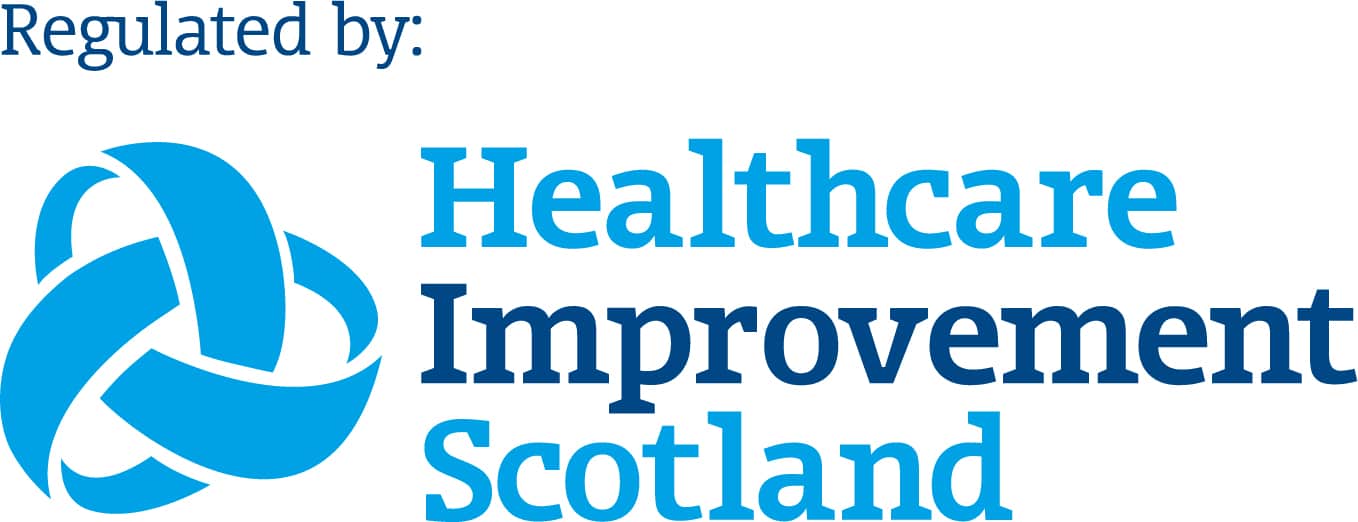April is upon us once more, bringing Stress Awareness Month, but what is stress and how can we manage it so that it doesn’t affect how we live our lives?

Stress
We have all experienced stress at some time, but what is it and why does it happen? Stress is defined as the body’s response to feeling vulnerable or under pressure. In day-to-day life, a certain amount of stress can be a positive experience, encouraging us to achieve goals and helping us meet the demands of home, work, and family life. Nevertheless, too much stress can be harmful, affecting us emotionally, psychologically, and physically; especially when it feels out of our control. Stress can cause us to become anxious, and irritable and can affect our self-confidence. This can lead to something called burnout!
Coping with Stress
Try these six simple steps to help cope with stress:
- If a chore seems insurmountable or overwhelming, start by breaking it down into small, easily managed tasks. And recognised what you have achieved.
- Make plans regarding any upcoming events which you know will be stressful – make a list, plan the journey, and be prepared (read, practice) – This can help reduce the stress as much as possible.
- Be more active: not only will this help release endorphins (feel-good chemicals released in your body) but will improve your health, and weight, and burn off that nervous energy which attributes to stress.
- Be positive: take some time out every day and think about the good things which happened. You can write a gratitude diary listing three things each day that you are grateful for.
- Change the way you think negative thoughts can make us feel down, so practice mindfulness and self-awareness (use the resources below to help)
- Talk to someone you trust or find a support group for peer support.
To understand how to cope, you need to admit that you are stressed, once you do there is lots of help available.
If stress is affecting your work – speak to your manager, they will listen and do what they can to help, this may include a referral to Occupational Health.
Help is available at ROC Clinics UK Ltd
ROC offer experienced Occupational Health professionals who can provide initial intervention and assisted management for mental health concerns. Using a professionally recognised approach, ROC can help individuals and/or Companies successfully manage psychological difficulties which could lead to severe mental health issues.
ROC provide the following services to support stress and mental health needs
- Psychiatric Consultations and Occupational Health Reports
- Counselling
- Psychotherapy
- Sleep Management Programmes
- Same Day Consultations for Mental Health problems
- Case Management Consultations
- Mental Wellbeing Programmes tailored to your needs
Self-help Resources
As stress is more recognised as affecting our everyday lives there are more resources available to access.
NHS website: Stress – Every Mind Matters – NHS (www.nhs.uk)
NHS Scotland: Steps to deal with stress: A simple guide to stressing less and enjoying life more (healthscotland.com)
World Health Organisation publication: Doing What Matters in Times of Stress (who.int)
The stress management society offers free resources: – The Stress Management Society % %
Breathing Space, a confidential phone line: Breathing Space is a free confidential service for people in Scotland. Open up when you’re feeling down – phone 0800 83 85 87
Wellbeing Works promotes better well-being for those who face mental health challenges: building confidence, learning new skills, connecting with others and having a positive impact on our community: http://www.wellbeingworksdundee.org.uk/
Counselling sessions can also be booked through Maximus(previously Remploy) the Government website to help employees dealing with anxiety, stress or other mental health problems: https://atw.maximusuk.co.uk/


